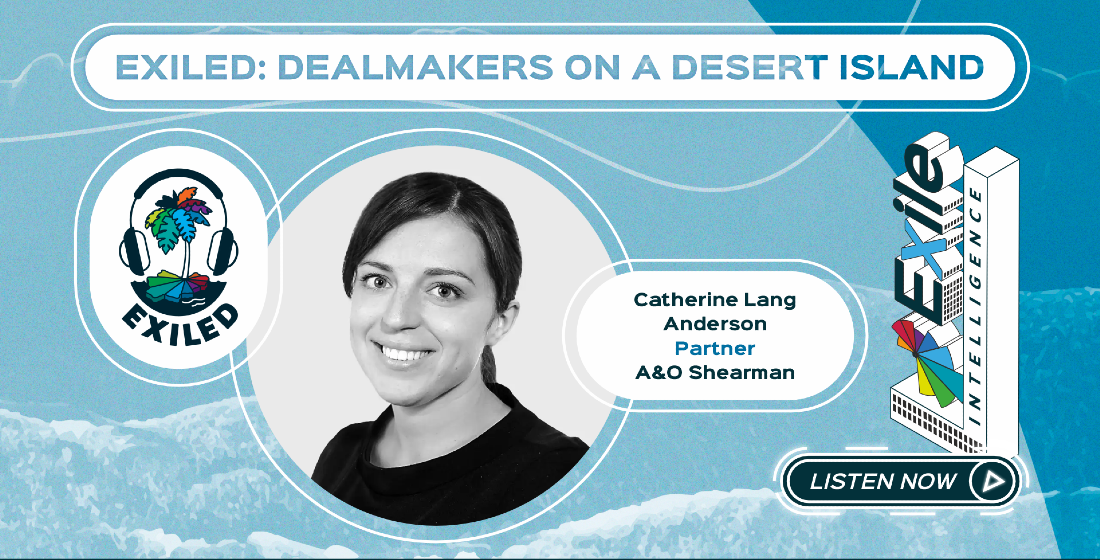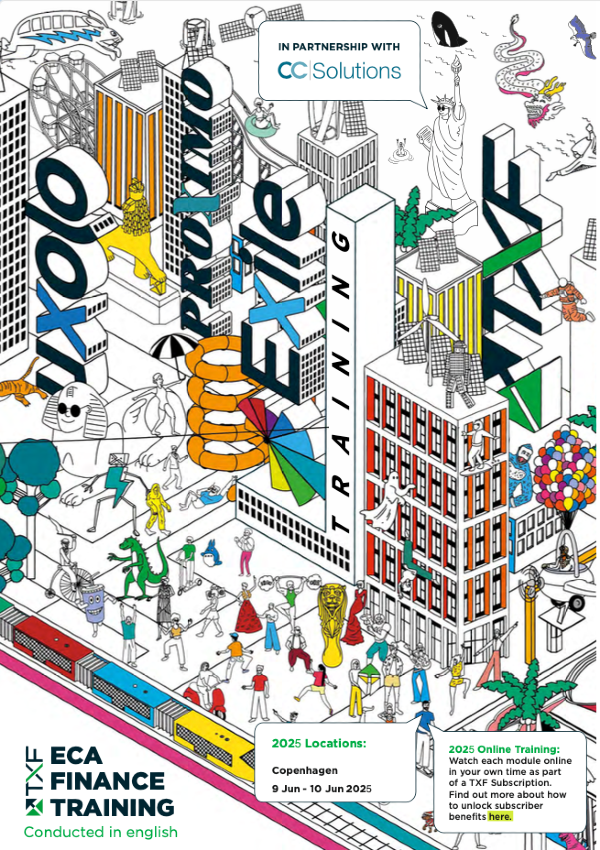Modernise OECD Arrangement to boost sustainability, ICC report urges
Modernising the OECD Arrangement, harmonising definitions, widening origination efforts, and leveraging blended finance opportunities are all critical to increasing the volume of sustainable export finance transactions, according to a new ICC White Paper on Sustainability in Export Finance.

Modernising the OECD Arrangement, harmonising definitions, widening origination efforts, and leveraging blended finance opportunities are all critical to increasing the volume of sustainable export finance transactions, according to a new ICC White Paper on Sustainability in Export Finance.
The report singles out updates to the OECD Arrangement as the most promising path to boosting the proportion of export finance transactions that are sustainable, which currently stands at one-fifth. Such updates could align the ECA rulebook with Paris Agreement targets and the Sustainable Development Goals, resulting in a financing landscape which rewarded sustainability-friendly sectors such as wind and solar, while precluding public finance for projects that were incongruent with those goals.
In addition, a more synchronised approach to the divergent definitions and frameworks utilised by industry players; greater efforts to support developing companies that are exporting innovative solutions which tackle environmental and social issues; and maximising the potential of blended financing to meet the large capex needs of new technologies would all result in more sustainable export finance transactions being done in the market.
The report also analysed TXF Data to provide an overview of the sustainable export finance market today. It found that the volume of sustainable transactions increased significantly between 2019 and 2020, growing to $28 billion representing 21% of industry volumes in 2020 – from $18 billion representing 16% of industry volumes in 2019.
Moreover, the average size of sustainable transactions has been increasing to the extent that this year the average sustainable transaction is larger than the average non-sustainable transaction, having been 23% smaller as recently as 2018. This could be powered by a rise in project sizes on the whole, off the back of greater importance awarded to the sustainability criteria by importing countries.
Europe was the epicentre of sustainable deals in 2020, accounting for almost half of all volumes, driven by the large number of offshore and onshore wind transactions last year. Africa and Asia followed, in second and third place, respectively.
The wide-ranging ICC White Paper, which aims to bridge the gap between export finance and sustainable finance professionals and knowledge, drew on the insights of almost 500 market participants, including commercial banks, ECAs, buyers, exporters, NGOs, private credit insurers, industry associations and law firms.
TXF is pleased to be the media partner for the ICC White Paper on Sustainability in Export Finance and will be releasing further insights from the report throughout this week and next week.





